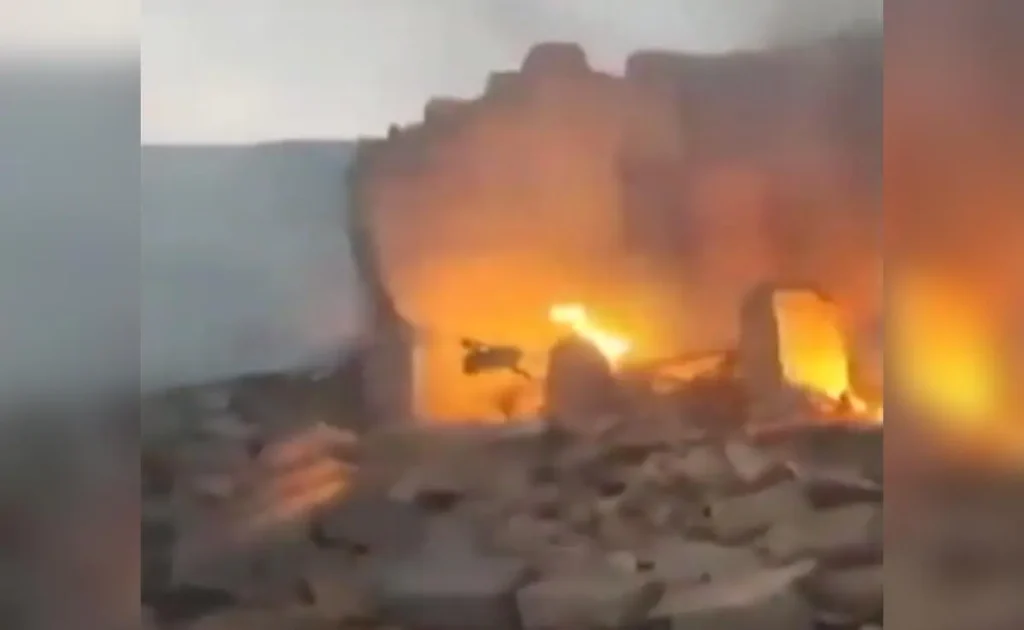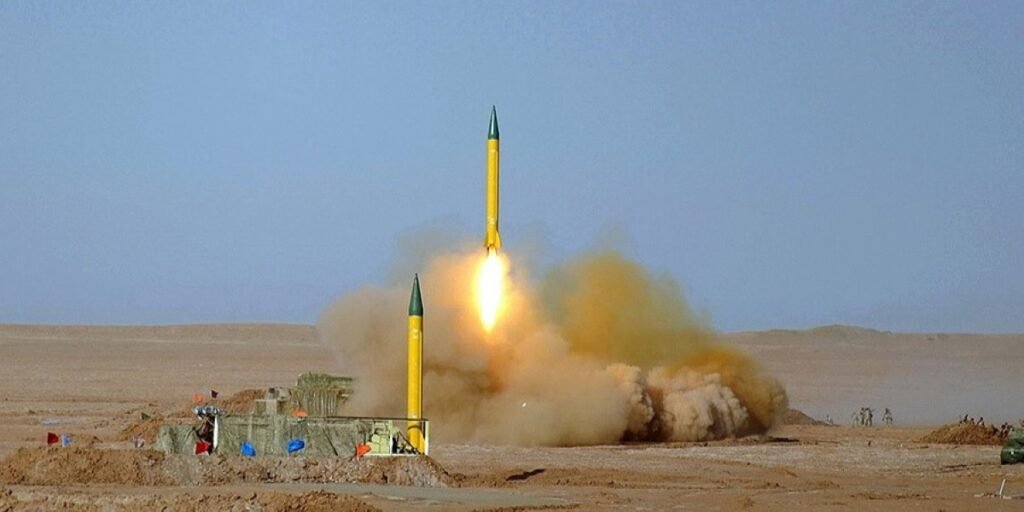In a worrisome escalation of tensions, Iran and Pakistan engaged in a series of airstrikes this week, resulting in at least 11 reported casualties. This latest development adds to the already volatile situation in the Middle East. Marked by recent conflicts, including Israel’s war on Gaza and attacks by Tehran-backed Houthi militia in the Red Sea. The international community, including the United States, China, and India Said On Iran-Pak Airstrikes has weighed in on the situation, expressing concern and calling for restraint.
A Deadly Exchange:
The exchange of airstrikes between Iran and Pakistan led to nine reported deaths in Iran, including four children, and two deaths in Pakistan, both of them children. Both nations claimed to have targeted “terror groups” in their respective strikes. Iran focused on camps run by the Jaish al-Adl group in Pakistan’s Baluchistan province, while Pakistan aimed at Pakistani-origin terror groups along the shared border.
Apart from striking each other, Iran further escalated tensions by unleashing missile-and-drone attacks on Iraq and Syria. This move drew criticism from the United States, which responded with its own strikes against Houthi targets in Yemen, an action that raised concerns about the region’s stability.
Iran’s Perspective:
Iran’s Foreign Minister, Hossein Amir-Abdollahian, clarified the targets of their airstrikes, stating that they aimed at an “Iranian terrorist group” that had sought refuge in parts of Pakistan’s Baluchistan province. He emphasized that no nationals of Pakistan were targeted in the strikes, trying to reassure its neighbor.
While acknowledging the breach of international norms, Amir-Abdollahian maintained that Iran respected Pakistan’s territorial integrity. The Iranian government’s claim of acting against a terrorist group echoes its historical concerns about cross-border attacks originating from Pakistani soil.
Pakistan’s Justification:
In response to the Iranian airstrikes, Pakistan defended its actions, citing “specifically targeted precision military strikes against terrorist hideouts.” Code-named ‘Marg Bar Samachar,’ the operation aimed to eliminate terrorists responsible for attacks on innocent Pakistanis. Islamabad highlighted its consistent concerns about safe havens for Pakistani-origin terrorists in ungoverned spaces inside Iran.
The situation prompted Pakistan to recall its ambassador from Iran and expel the Iranian envoy. The move signals a diplomatic strain between the two nations, but both sides have expressed their commitment to resolving the conflict amicably.
International Reactions:
The United States criticized Iran for violating the sovereign borders of three nations within 48 hours, emphasizing its ongoing efforts against Houthi militants in the Red Sea. The State Department questioned Iran’s claims of countering terrorism while being a leading funder of terrorism in the region.
China, maintaining a neutral stance, urged both Iran and Pakistan to exercise restraint. Given China’s close ties with Pakistan and significant oil imports from Iran, its diplomatic position is crucial in navigating the escalating tensions.
India, in its response, underscored its “zero tolerance” stance towards terrorism but also acknowledged the right of nations to defend themselves. The statement emphasized that the issue was between India Said On Iran-Pak Airstrikes, further distancing India from the ongoing conflict.
India’s Historical Context:
India’s stance on the Iran-Pakistan airstrikes reflects its own history of cross-border operations. The Indian government has publicly acknowledged undertaking similar actions twice in the past decade, targeting alleged terrorist camps. India’s justification for self-defense aligns with the complexities of the region, where nations grapple with security concerns and the need to protect their citizens.
India’s strategic position in South Asia, along with its zero-tolerance approach to terrorism, influences its response to regional conflicts. The acknowledgment of nations acting in self-defense resonates with India’s own experiences in dealing with security threats.
Regional Concerns:
The airstrikes between Iran and Pakistan heighten regional concerns, especially given the longstanding security challenges along their shared border. Both nations have faced accusations of harboring militant groups that conduct cross-border attacks, contributing to a fragile security environment.
The recent strike near the village of Sabz Koh. close to the Iranian border, intensifies worries about the stability of the region. The international community is closely monitoring the situation, hoping for a swift resolution to prevent further bloodshed.
Conclusion:
The India Said On Iran-Pak Airstrikes have ignited fresh tensions in an already volatile region. Prompting global powers to express concern. The delicate balance of diplomatic relations, security considerations, and historical context adds layers of complexity to the conflict. As the world watches. The hope remains for a peaceful resolution that addresses the legitimate security concerns of both Iran and Pakistan. Preventing further escalation and fostering stability in the Middle East.







